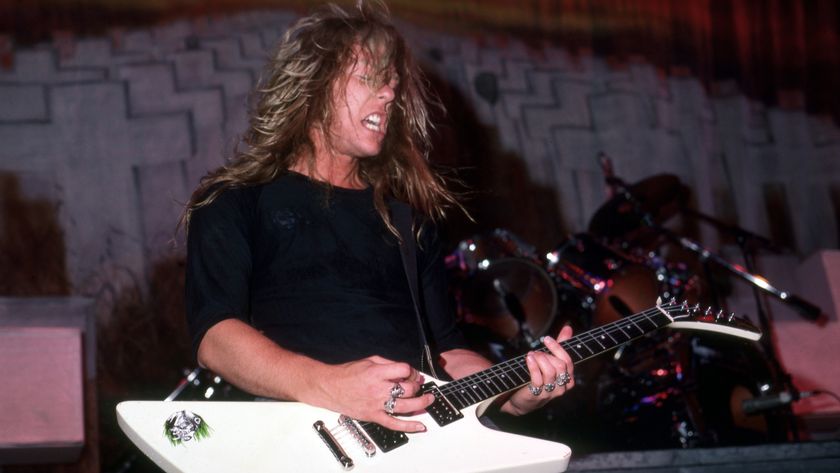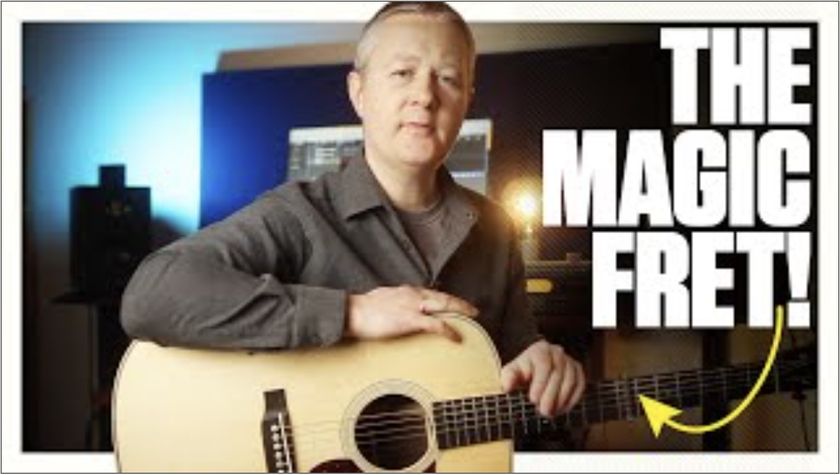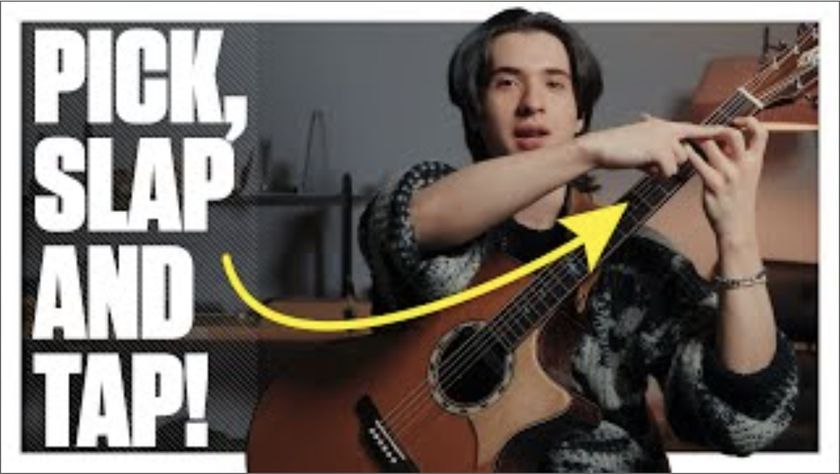Steve Vai: “Frank Zappa’s Advice Saved Me Literally Millions of Dollars”

Steve Vai was all of about 20 years old when he began performing with Frank Zappa in 1980. By then, Zappa was a seasoned professional who had been in the music business almost as long as Vai had been alive.
It would follow that Zappa might have some advice for Vai about how to have a long and successful music career.
As Vai tells Rick Beato in the premiere episode of Beato’s new show, Sounding Off, one day he decided to ask him for that advice.
“I was expecting some esoteric answer about how you gotta just play what you want,” Vai says. “And he just said, ‘Keep your publishing.’ ”
From his many years of experience as a composer, Zappa knew that the music he created was the most valuable thing he had. Whoever controls the rights to the music stands to make the most money from it. Unfortunately, many musicians don’t understand the business or comprehend the need to retain the rights to their own creations.
Vai says he was among those artists whose lack of experience left them vulnerable.
“I didn’t even know what publishing was,” he explains. “So he gave me the number to an attorney. And I went and bought an hour of that attorney’s time, and he explained the publishing to me.
“And I have to tell you, it saved me literally millions of dollars through the 37 years I’ve been a musician.
“Artistic people, musicians, they have different brain muscles than business people,” Vai says. “Musicians are fascinated with the notes and rearranging the notes, and finding the right chord and melody. They’re very forensic about that. Whereas business people have that same kind of passion, but it’s for numbers. And there’s nothing wrong with that—you need both of them. But all too many times—not all too many times, every time—the deals that are usually given to artists are lopsided. They’re just a little pickled because artist are intimidated.”
Vai says there are a couple of principles you need to understand as a musician working in the business.
“First and foremost, you have to have a publishing company. Even the idea of the word publishing company can be intimidating, but it’s so stupid easy.
“You just go online and type in ‘How do I start a music publishing company?’ You fill out some papers—when I did it 37 years ago, it cost me $12. I had to drive downtown to the legal building and just fill out some papers, and I had a publishing company and my music was protected. ’Cause everything I wrote, I owned.
“And what I noticed through the years was, one of the things that has stood the test of time is the publishing. The technology of the way we make music, the way we sell it, the way we listen to it, the way we purchase it—it’s constantly been changing, and it’s gonna continue to change… But your intellectual rights will follow the evolution of technology if you keep on it.”
You can watch the entire interview below.
Get The Pick Newsletter
All the latest guitar news, interviews, lessons, reviews, deals and more, direct to your inbox!
Christopher Scapelliti is editor-in-chief of Guitar Player magazine, the world’s longest-running guitar magazine, founded in 1967. In his extensive career, he has authored in-depth interviews with such guitarists as Pete Townshend, Slash, Billy Corgan, Jack White, Elvis Costello and Todd Rundgren, and audio professionals including Beatles engineers Geoff Emerick and Ken Scott. He is the co-author of Guitar Aficionado: The Collections: The Most Famous, Rare, and Valuable Guitars in the World, a founding editor of Guitar Aficionado magazine, and a former editor with Guitar World, Guitar for the Practicing Musician and Maximum Guitar. Apart from guitars, he maintains a collection of more than 30 vintage analog synthesizers.

How to find new approaches to blues soloing – using fingerstyle improv ideas and Roy Buchanan-inspired licks
![Joe Bonamassa [left] wears a deep blue suit and polka-dotted shirt and plays his green refin Strat; the late Irish blues legend Rory Gallagher [right] screams and inflicts some punishment on his heavily worn number one Stratocaster.](https://cdn.mos.cms.futurecdn.net/cw28h7UBcTVfTLs7p7eiLe-840-80.jpg)
“The intensity of Rory’s guitar playing – the emotion, the sound and his incredible attack – was mindblowing for me”: Joe Bonamassa pays tribute to the late, great Irish blues-rock icon Rory Gallagher









